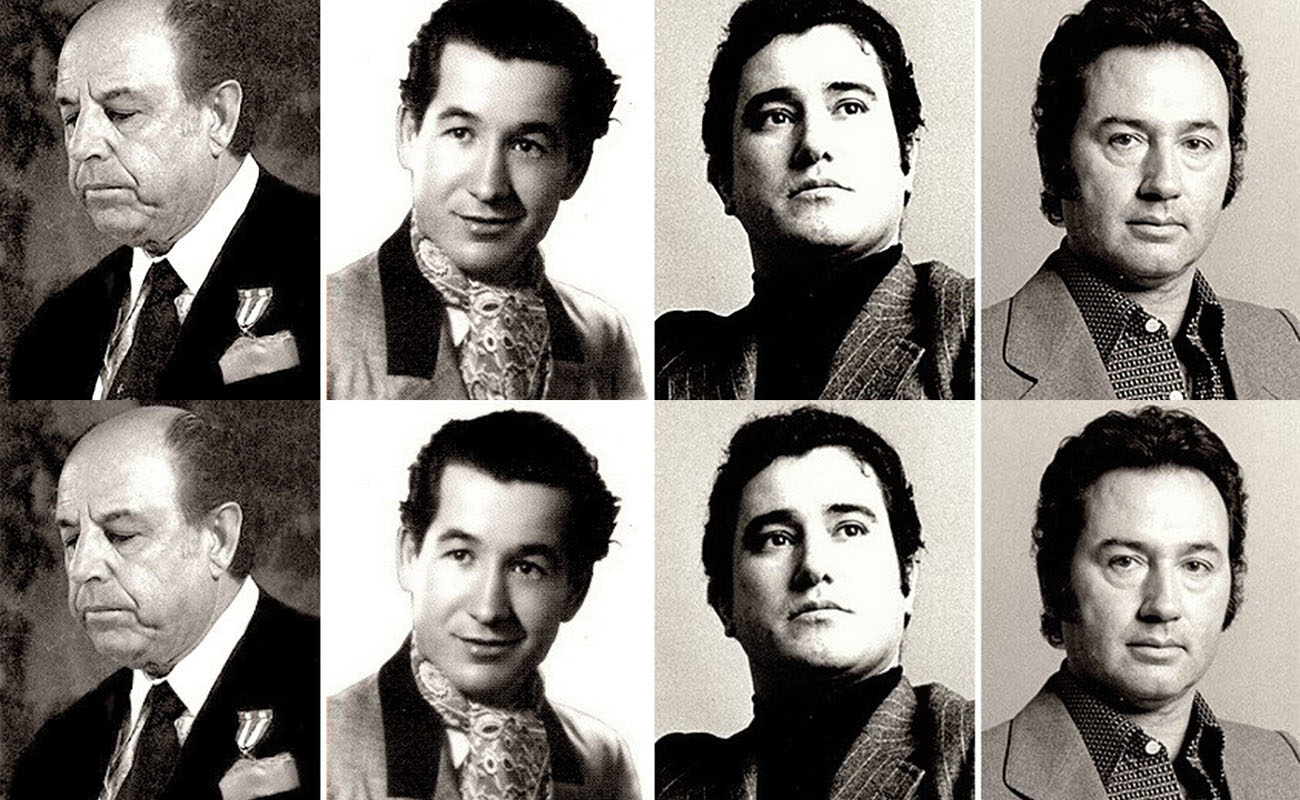Repeating or interpreting the past?
A few days ago, I read that there’s a sort of campaign against creativity in flamenco, against those who compose new things and open new roads. Actually, I think it’s the opposite: there is an unfortunate persecution against those who keep flamenco tradition regarding forms inherited from great masters of the 19th century. “They repeat what others did”, they say.

A few days ago, I read that there’s a sort of campaign against creativity in flamenco, against those who compose new things and open new roads. Actually, I think it’s the opposite: there is an unfortunate persecution against those who keep flamenco tradition regarding forms inherited from great masters of the 19th century. “They repeat what others did”, they say. Repeat, or interpret?
I’m one of those who believe (and I’ve always been open to every new and fresh creation by talented artists) that a malagueña de Chacón is reborn in every throat whenever it’s sang, even if it’s performed following a music sheet. Weren’t these malagueñas reborn in the voices of Marchena, Valderrama, Jacinto Almadén and Enrique Morente? So, if kids nowadays sing a malagueña de Chacón or a soleá de La Sarneta, if they do it well, they’re not repeating the past, but interpreting and honoring those two great musicians.
I say “great musicians” because both of them left us personal styles which remain alive in today’s artists. When Fernando el de Triana labelled Tomás Pavón as a good copyist, he wasn’t criticizing him, it was the other way around: he was telling us that Tomás knew the traditional legacy and he performed it flawlessly, as was indeed the case.
Tomás loved the cantes of Enrique el Mellizo, La Sarneta, Frasco el Colorao and Frijones, even as he never met any of them. Yet, he also admired Niño de Marchena due to his creativity. Tomás used to say that when God spread salt on the earth, it all fell on this genius from Marchena.
I want to conclude saying that it’s perfectly compatible having avant-garde creators and traditional cantaores who perform flamenco palos in the traditional way. Wasn’t Mairena compatible with Valderrama, or Menese compatible with Fosforito? Just like today Arcángel is compatible with Pedro EL Granaíno, or Estrella Morente is compatible with María Terremoto.
There have always been creators in flamenco, back since the days of El Planeta, and cante is so rich in its variety of styles because people dared to do new things. Yet, flamenco is still a cultural jewel thanks to those who decided to be faithful to the traditional forms, keeping their essence. So, it’s pointless going against those who create and also against those who preserve.
I use to criticize those who create without any basis and discard flamenco’s essence. I have no patience for those who, in order to do something new, seek to destroy what already exist. Or mock it, which is something that had never happened before. Mario Maya, Gades and Cristina Hoyos created without destroying anything, and they never mocked the traditional forms. Yet, I can’t say the same about Rocío Molina or Israel Galván.
Translated by P. Young




